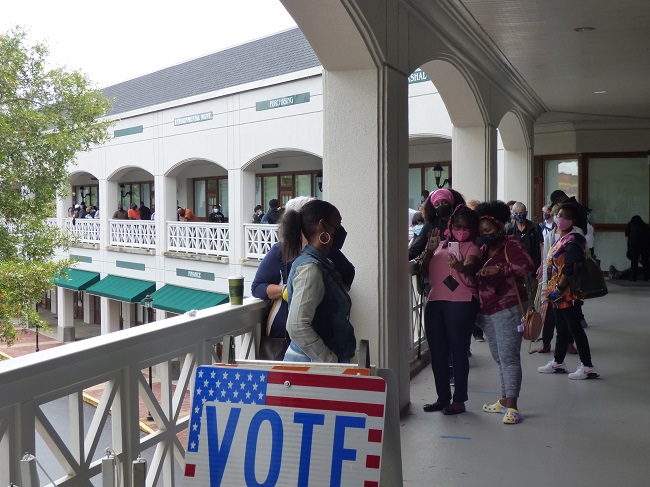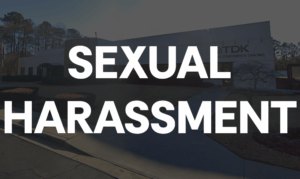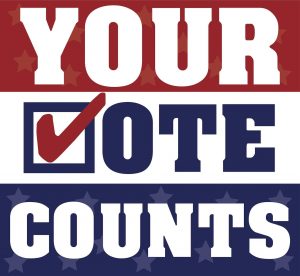A new wide-ranging measure from Republican state lawmakers with changes to Georgia’s election system abruptly appeared Wednesday just before a scheduled committee hearing, sparking backlash from Democrats and voting-rights advocates about transparency.
The measure, sponsored by state Sen. Max Burns, R-Sylvania, passed out of the Senate last week as a two-page bill focused on restricting how many applications for mail-in ballots outside groups could send to Georgia voters ahead of elections.
by | Capitol Beat News Service
But it arrived in the House Special Committee on Election Integrity Wednesday as a sweeping 93-page amended bill encompassing dozens of proposals contained in several other Republican-backed bills.
- Read the amended bill here.
Democrats on the committee cried foul over the speed and sparse advance notice of the bill, as did some voting-rights advocates who spoke up to denounce what they view as closed-door crafting of legislation that would bring major changes to how, when and where Georgians can vote.
“I’m just trying to understand the process here of how we’re doing things,” said Rep. Rhonda Burnough, D-Riverdale. “Are we just taking bills piece-by-piece and just putting them in when we want to? … Something’s not right.”
Burns’ newly transformed bill contains proposals from several other omnibus measures in the current legislative session, including proposals allowing state elections officials to take control of poor-performing county election boards, requiring absentee-ballot drop boxes to be located inside early-voting polling places and blocking mail-in ballot applications from being processed within 11 days of an election.
The bill also contains a contentious proposal allowing an unlimited number of challenges to voter qualifications ahead of elections, potentially freeing up the sort of large-scale moves to formally dispute voter registrations seen before Georgia’s U.S. Senate runoffs in January.
“Right now, in this piece of legislation, we’re legitimizing falsehoods that continue to disenfranchise African Americans and people of color across this state,” said James Woodall, president of the NAACP’s Georgia chapter.
“This process has not been efficient. It does not improve voter confidence and, in fact, will lead to greater consequences for [Georgia voters].”
One of the other omnibus election measures absorbed by Burns’ bill comes from Rep. Barry Fleming, R-Harlem, who chairs the House committee that held Wednesday’s hearing. His 66-page measure has faced two days of hearings in the Senate Ethics Committee this week and is expected to undergo more changes to be reviewed publicly on Thursday.
Speaking at Wednesday’s hearing, Fleming stressed no votes would be taken on Burns’ bill and that more testimony would be taken on Thursday.
Rep. Chuck Martin, R-Alpharetta, who chairs the House Higher Education Committee, argued in favor of the short notice for the bill, saying it aimed to serve as an introductory hearing to the proposals without any official action being taken.
“At some point, one has to put a bill out and have hearings,” Martin said.
Also included in Burns’ bill are proposals from another omnibus election measure from Senate Majority Leader Mike Dugan, R-Carrollton, that is expected to scrap a controversial repeal of no-excuse absentee voting in Georgia but may soon incorporate proposals from other bills as it continues moving through the legislature.
Both Dugan’s and Fleming’s omnibus measures also propose requiring Georgians to provide a driver’s license or state ID card number in order to request an absentee ballot, a change supporters say would eliminate Georgia’s process for verifying voter signatures on mail-in ballot envelopes that former President Donald Trump and his allies bashed in the Nov. 3 general election.
That proposed change and many others still alive in the session have drawn a sharp outcry from opponents who argue they aim to hinder access to Georgia voters of color and to halt Democratic momentum following wins in the 2020 presidential election and recent Senate runoffs. — from Capitol Beat News Service













Leave a Comment
You must be logged in to post a comment.